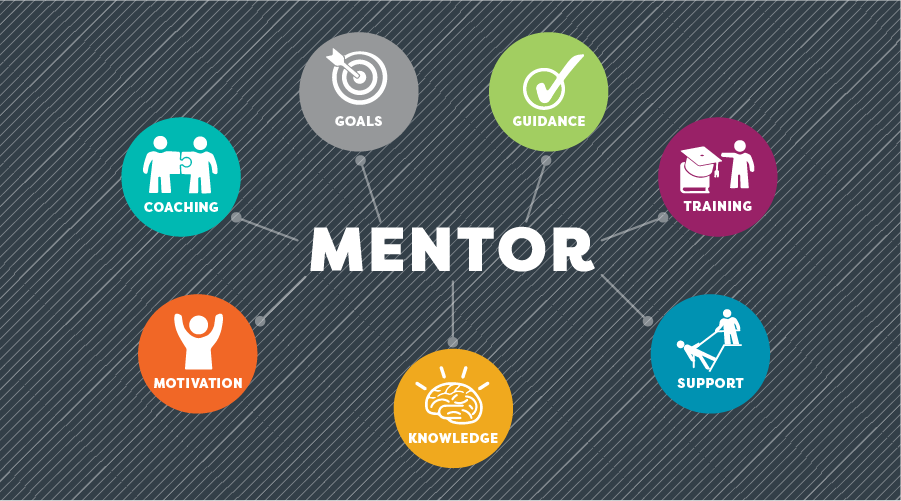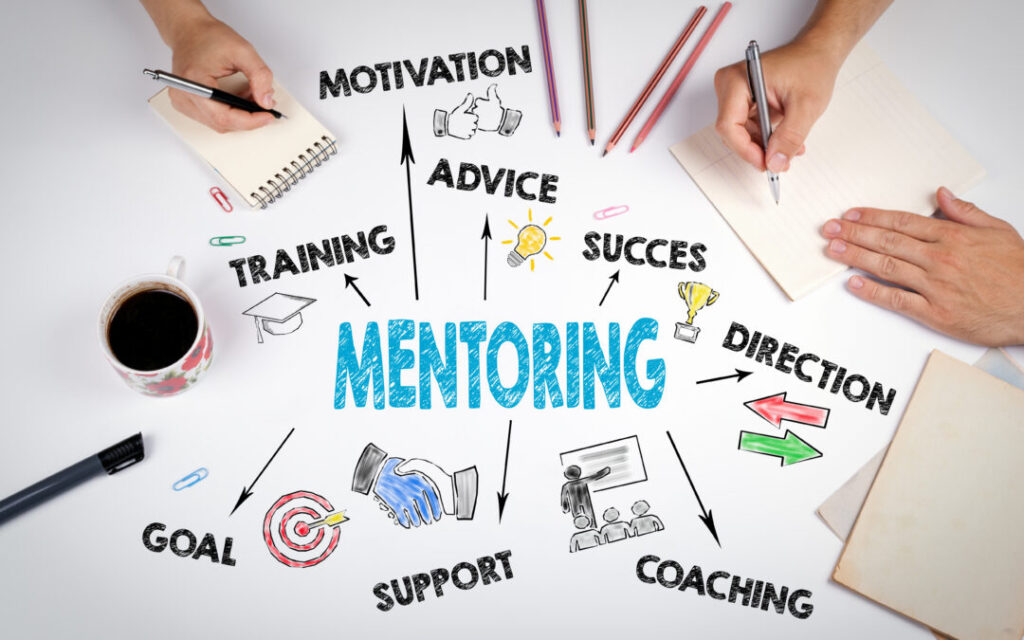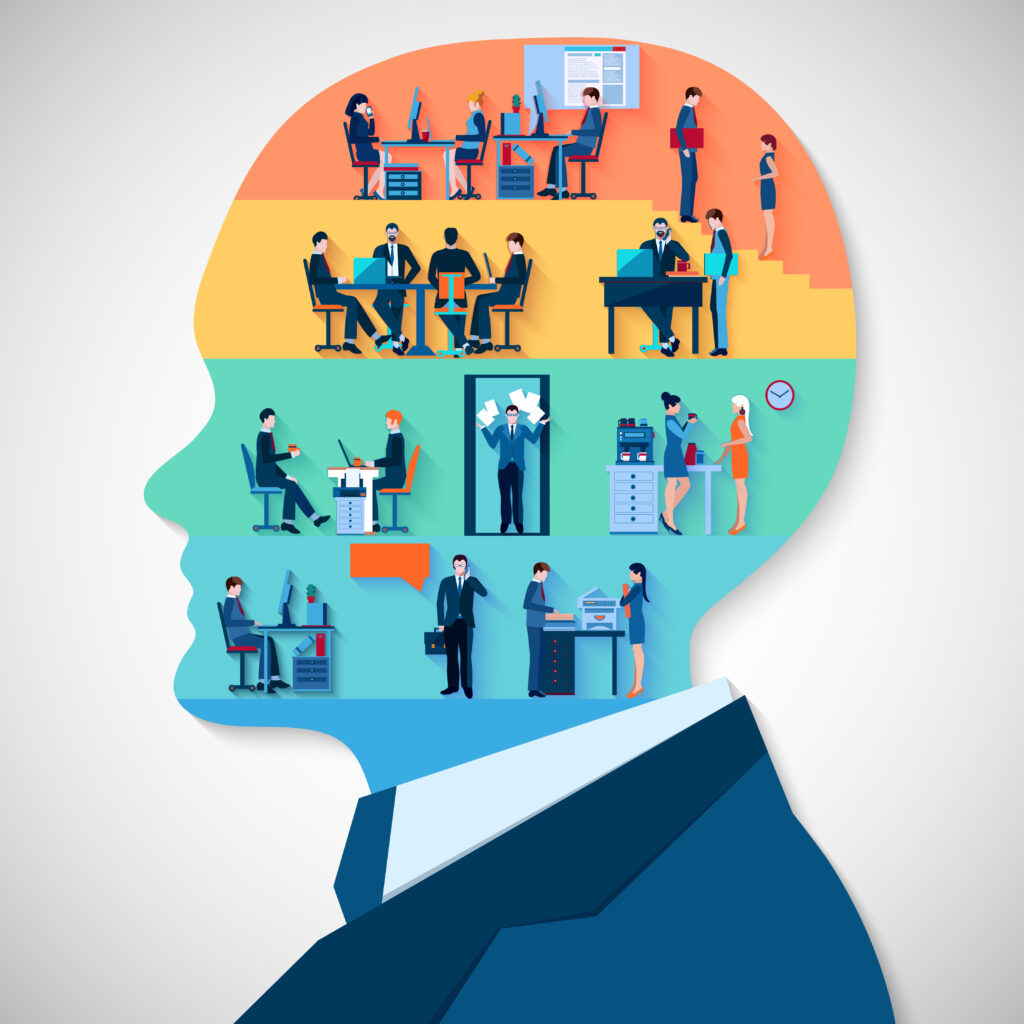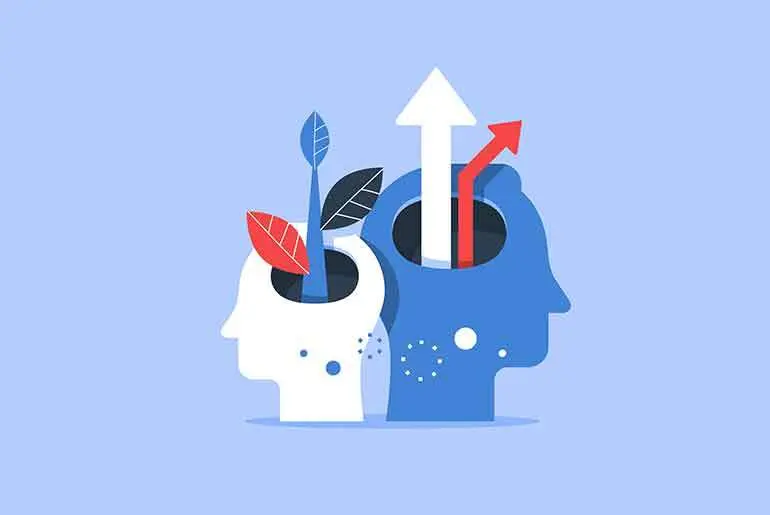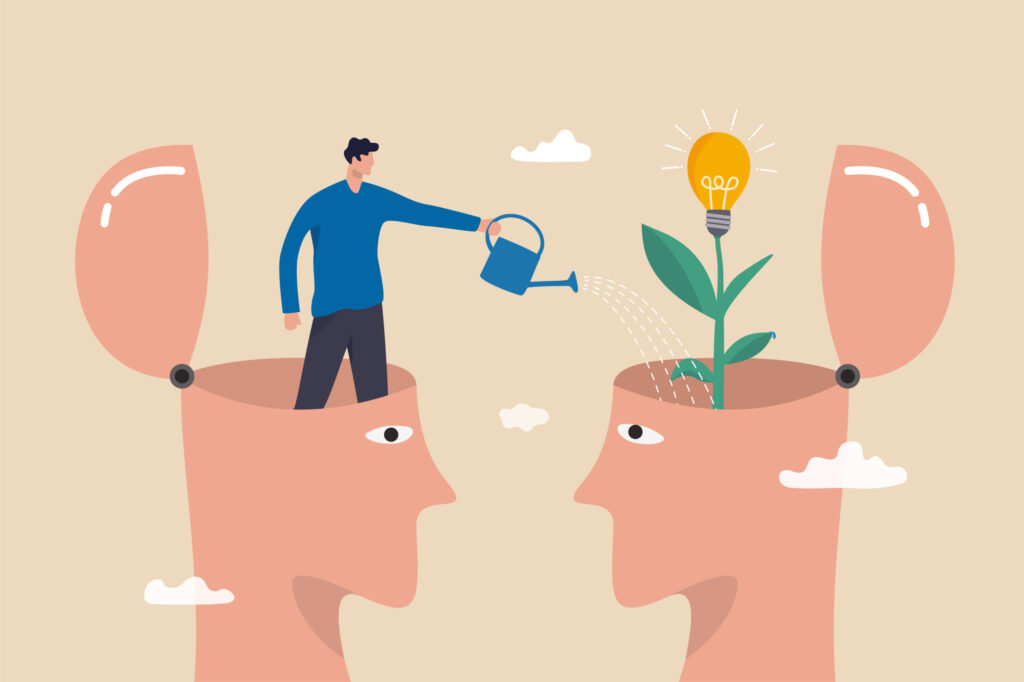In the pursuit of starting a small business in Australia, having a mentor can be a game-changer. A mentor not only provides guidance and support but also offers valuable insights based on their own experiences. However, finding the right mentor can be a challenging task. This article will explore how personal development plays a crucial role in connecting you with a suitable mentor for your entrepreneurial journey in Australia.
Starting a small business in Australia can be both exciting and daunting. While you may have a great business idea and the drive to succeed, having a mentor can significantly accelerate your progress. Personal development is the key to not only attracting a mentor but also making the most out of the mentorship relationship.
The Importance of Personal Development
Personal development is a lifelong journey of improving yourself, both personally and professionally. It involves enhancing your skills, knowledge, and mindset. When it comes to finding a mentor, personal development plays a vital role because:
Setting Clear Goals and Objectives
Before you can attract a mentor, you need to have a clear vision of what you want to achieve with your small business. Personal development helps you set specific goals and objectives, making it easier to communicate your needs to a potential mentor.
Building Self-Confidence
Confidence is attractive. When you invest in personal development, you boost your self-confidence. A confident individual is more likely to catch the eye of a mentor who sees potential and determination.
Networking Skills
Personal development often includes improving your networking skills. This is essential because mentors are often found through your network. Effective networking can help you connect with experienced individuals who are willing to guide you.
Effective Communication
Communication is key in any mentorship relationship. Personal development helps you become a better communicator, enabling you to express your thoughts, ideas, and questions clearly to your mentor.
Emotional Intelligence
Understanding and managing your emotions is a part of personal development. Emotional intelligence is crucial when dealing with the ups and downs of entrepreneurship. A mentor is more likely to take you under their wing if they see emotional maturity.
Seeking Guidance
Once you’ve invested in personal development, you’re ready to seek guidance from a mentor. Here’s how you can do it:
Identifying Potential Mentors
Look for individuals who have experience in your industry or field of interest. These potential mentors should align with your goals and values.
Approaching Potential Mentors
Craft a compelling and personalized message when approaching potential mentors. Express your admiration for their work and explain why you believe they would be an excellent mentor for you.
Building a Relationship
Mentorship is not just about receiving advice; it’s about building a relationship. Invest time in getting to know your mentor and demonstrating your commitment to personal and professional growth.
Learning from Rejections
Not every potential mentor will agree to mentor you, and that’s okay. Use rejection as an opportunity to learn and refine your approach.
Continuous Learning
Personal development should be a continuous process. Keep learning and growing, even after you’ve found a mentor. This will make you a better mentee and entrepreneur.
The Mentorship Journey
As you embark on your mentorship journey, remember that it’s a two-way street. Both you and your mentor should benefit from the relationship. Be open to feedback, stay committed, and apply the knowledge and insights you gain.
Conclusion
In conclusion, personal development is the key to finding a mentor to start a small business in Australia. By investing in your own growth, you not only become an attractive mentee but also maximize the benefits of mentorship. Remember, it’s not just about finding a mentor; it’s about nurturing a valuable mentorship relationship.
FAQs
1. How long does it take to find a suitable mentor?
Finding the right mentor can vary in time. It depends on your networking efforts and how well you align with potential mentors.
2. What if I get rejected by a potential mentor?
Rejection is part of the process. Use it as an opportunity to improve your approach and keep trying.
3. Can personal development help in other aspects of my life besides finding a mentor?
Absolutely! Personal development can benefit every aspect of your life, from relationships to career growth.
4. Is mentorship always formal, or can it be informal too?
Mentorship can take both formal and informal forms. It depends on the mentor’s and mentee’s preferences.
5. How do I know if a mentor is the right fit for me?
A mentor should align with your goals, values, and industry. You should also have good chemistry and mutual respect for each other’s insights.
Please Visit Our Website to Know More: https://relesworld.com/
